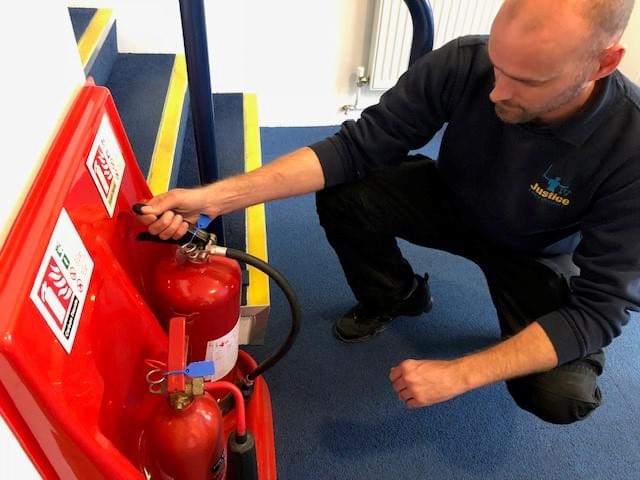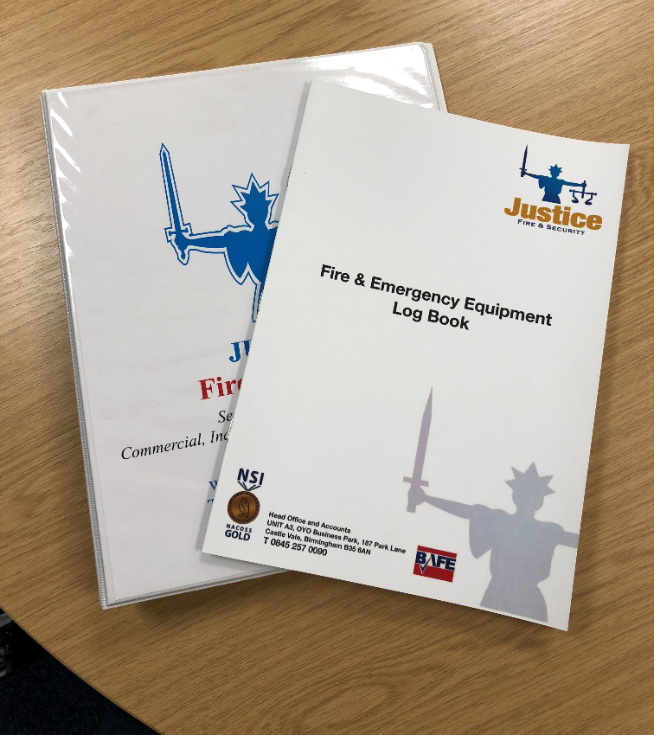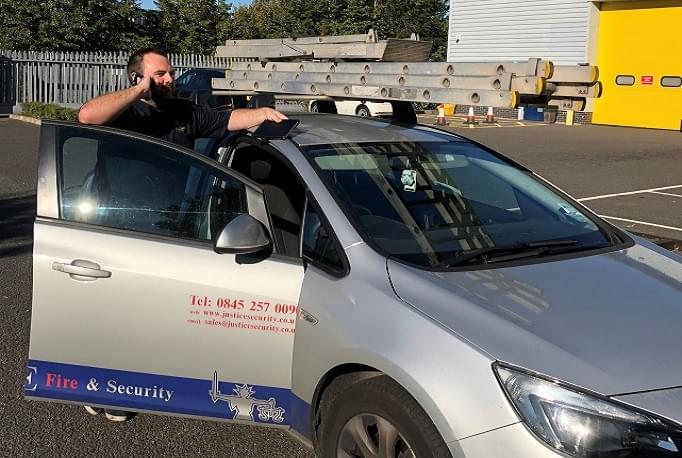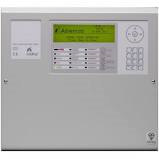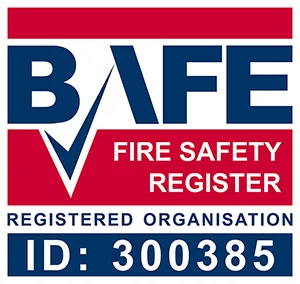Tips for your Weekly Workplace Fire Safety and Security Inspections
As with most things involving fire safety and security, it’s important to keep a close eye on the system you have in place. This is to ensure everything is in prime working order, in readiness for the unlikely event that it will be called into action.
In the UK, under the Regulatory Reform (Fire Safety) Order 2005 and British Standards, it is a legal requirement that every commercial fire system is managed by a responsible person. In many cases, this will be the property manager. It is the requirement of the designated individual to test the system on a weekly basis and to oversee any maintenance carried out on it, by the designated fire alarm company.
As far as the weekly security inspection is concerned, this can actually be quite extensive. Much will depend on the size and complexity of the building and the fire and security systems that have been installed.
With this in mind, it doesn’t do any harm to summarise exactly what is required. We hope this will prove useful.
- 1. Fire alarms
Make sure there are no faults showing on the panel, which would be indicated by fault lights. Then, in weekly rotation testing one per week, check each on-site call point for damage. Also, the alarm needs to be audible from every point of the building. This test should then be recorded in the logbook.
- 2. Sprinklers
In relation to sprinkler installations, as well as trunk mains and pressure tanks that may be present, check the water and air pressure gauge readings. These should be reviewed against previous readings to check for consistency. Then, redeploy all stop valve positions.
- 3. Pump test
On the pump delivery trunk main, it is necessary to simulate a pressure reduction in the small bore pump initiation assembly, whereupon the starting pressure should be checked and recorded. Where there is a diesel engine-driven pump, this should be run for up to 30 minutes, during which time all fluid levels and pressures should be checked for any defects. If you have an electric engine-driven pump, this should be run for 15 minutes, again making a note of any defects.
Then, make sure that cooling water is flowing, before checking that all relevant visual and audible alarms are operating efficiently. For diesel pump systems, it will be necessary to complete the automatic restart test. Finally, do a general check of the main battery, pump and pump house.
- 4.Water supply and tanks
Check for any defects to water storage tanks and access ladders and make sure that the tank water level hasn’t dropped. If they form part of the installation, check any trace heating and lagging.
- 5. Control valves
First, make a note of the pressure that is registered on the gauges that are above and below the valve. The test valve should then be fully opened, before making a note of how long it takes for the alarm to make a sound. Once the sound starts, keep it going for at least 30 seconds. Then, the test valve should be closed once again, noting the pressure registered on the above-and-below valve gauges. Make sure the alarm signal transmission is correct. Then carry out a general condition check of the equipment. Finally, ensure each valve is correctly padlocked.
Beyond the fire-related equipment, the same close attention should be paid to the security system.
- 6. Intruder alarms
Firstly, make sure that any detectors are unobstructed and that they are all clean and free of dirt and dust. Are all door and window locks working? In order to prevent intruders from gaining easy access through windows or a flat roof, check that there is nothing lying around outside the premises to aid their entry.
Check that all user fobs and codes are working correctly and that your key holder details are up-to-date. Monitor the user logs for any unusual events.
- 7. CCTV
If you have CCTV on the premises, check that the camera angles are accurately positioned and that your camera NVR/DVR recording is operating correctly. All external detectors need to be clean and retain an unhindered sightline.
- 8. Access control
Make sure that all locks are properly secured and that every door opens and closes properly and sits tightly in the door jamb. Ensure door closers have sufficient pressure so that the door engages in a closed position. Check that all fobs are working correctly.
- 9. Alarm monitoring
Finally, once you have ensured that everything on site is working as it should, make sure that your alarm receiving/monitoring centre is receptive.
There is a lot to consider here and much of it is routine. Even so, commercial fire and alarm safety and security systems are vitally important – lives could depend on them working efficiently at all times. No matter how experienced you might be at checking, it never does any harm to be reminded of the importance of these weekly inspections. We do offer a weekly test service for our Customers if this is something you are interested in.
If you have any concerns over the condition of your current fire safety and security systems, our decades of experience in the installation and maintenance of these systems means we are well-placed to assist you.
From our West Midlands base, we have an extensive network of
local offices, handling all manner of commercial and domestic security and surveillance systems for clients throughout the counties
of Shropshire, Staffordshire and Warwickshire, covering Birmingham, Coventry,
Wolverhampton,
Stoke and Tamworth and elsewhere. In the East Midlands, we work across Derbyshire, Leicestershire and Nottinghamshire. Our
South East region handles projects throughout Buckinghamshire,
Northamptonshire and Oxfordshire, whilst our office in the south west offices covers Gloucestershire and Worcestershire.
We also have a big presence in the North West from our base in Cheshire.
If you have any concerns regarding your current commercial or home security arrangements or your existing provider, please call one of our local offices or our main number on 0845 468 0927

